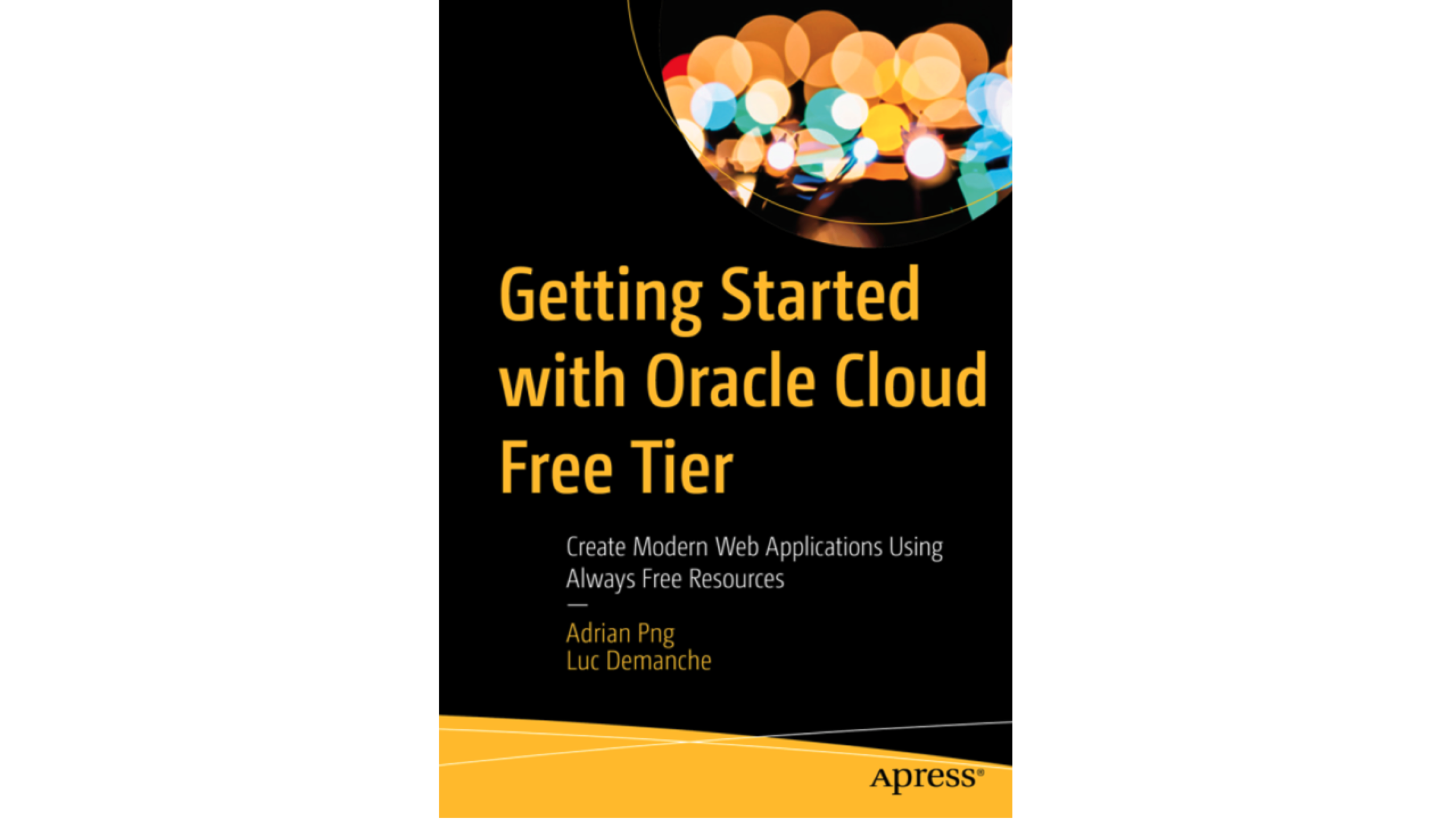Implement a Topic-specific Q&A Application with LangChain and Oracle GenAI

Now that I caught your attention, I hope the image isn't too triggering. I grew up learning to fear these little black monsters that potentially carry a load of Dengue virus that could make you really sick. As recently reported, the disease continues to be an issue in Singapore. During my undergraduate years, I was deeply passionate about viral diseases, and spent a few months in the laboratory learning to characterize the structural components of the virus using cyrogenic electron microscopy. Hence, when Luc Demanche challenged me again to demonstrate retrieval-augmented generation (RAG), I decided to collect and use a few recent articles (PMIDs 38140548, 37478848, 37114191), and use them to create a quick proof-of-concept Oracle APEX application that allows the user to ask questions about the disease. These articles cover topics on the Dengue virus, its genomics and ultrastructure, and progress in vaccine development.






